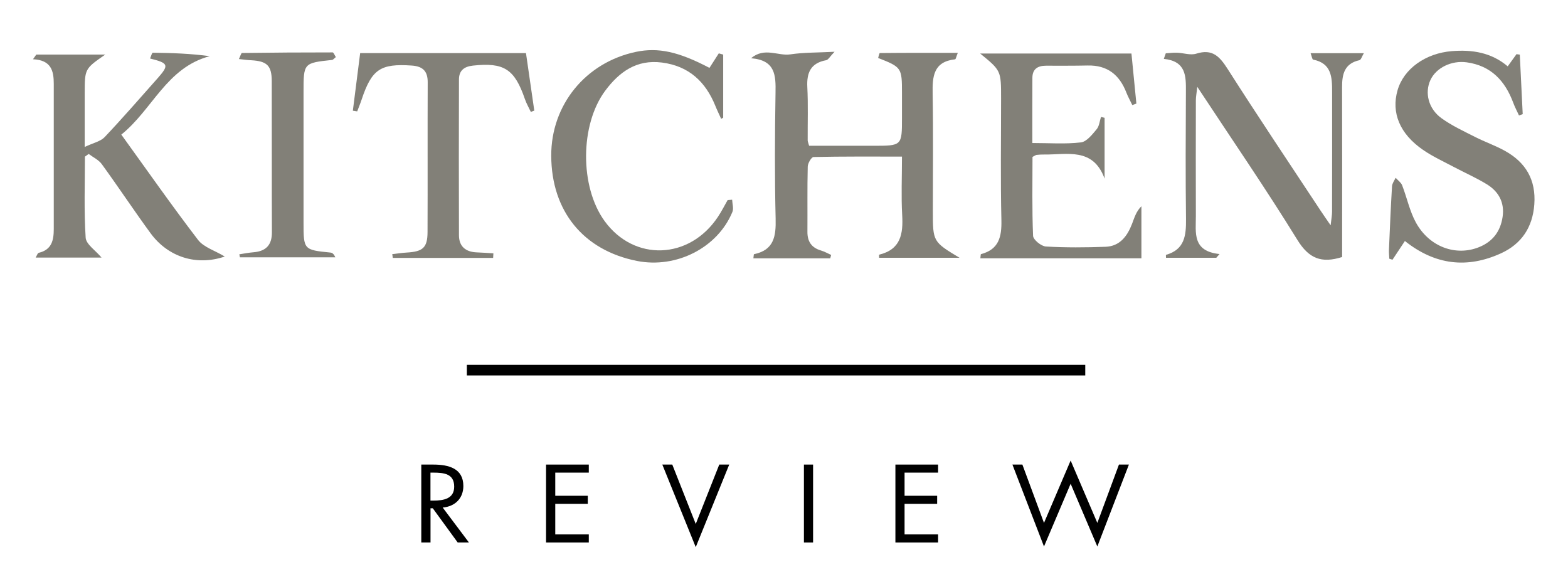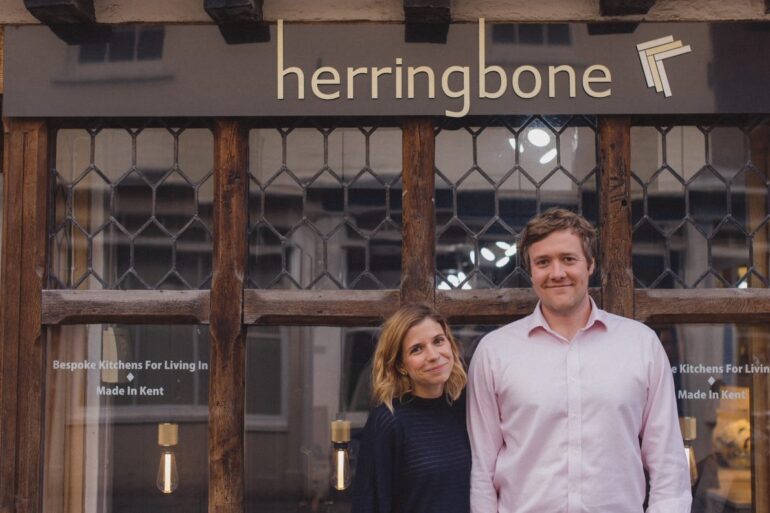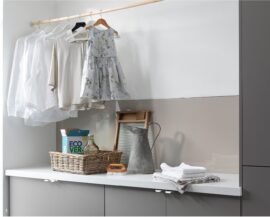Herringbone has banned the sale of high-silica quartz and set up a new UK Government and Parliament petition after researching the associated health issues
On the 29th February 2024, cabinet and furniture maker Herringbone, became the first UK kitchen company to ban the use and selling of high-silica quartz in the wake of alarming findings from reputable sources, including the report from the University of California, San Francisco (UCSF) and the announcement of Australia becoming the first country to ban high-silica engineered stone due to health concerns by July 2024.
Since then, owners Elly Simmons and William Durrant have done even more research into the risks of high-silica products by meeting with stonemasons large and small and speaking to Dr. Jane Fazio and Dr. Carl Reynolds about their leading research into lung disease, silicosis and treatment of silicosis patients. This research and feedback have concluded that Herringbone alone cannot achieve a ban of high-silica quartz. Therefore, the company has set up a petition to take to parliament to get the UK government to consider a ban on these products as they are just not necessary, with so many great low silica options.
High-silica engineered stone will be banned in most parts of Australia from July this year and Herringbone believes it right that the UK follow suit. They want to encourage other companies to take steps to ban these products for themselves and take steps to use the vast amount of worktop alternatives available on the market. Silica naturally occurs in stone, such as granite, porcelain, and marble, at between 5-40%; however, in engineered quartz, it can be as high as 97%. There are many beautiful colours and options for low-silica quartz, so they believe the risks of purchasing high-silica quartz are unnecessary when there are alternatives on the market.
The family-run business, based out of Canterbury in Kent, recognises the responsibility to prioritise the health of everyone in the supply chain by taking action against the use of high-silica quartz in the industry. It says its commitment to its ethos and to being a progressive industry leader in their field continues through the pertition and continued conversations with companies and individuals who have the same priorities.
William Durrant, owner of Herringbone said “We are pleased to have started a conversation in our industry and want to thank everyone for their support so far. We are aware that regulations are in place, however, we see no place for high-silica engineered quartz when so many other alternatives are readily available. By taking the petition to parliament we hope that we can make further impact and help make all stonemasons, fitters and people exposed to high-silica dust particles safe.”
Through experience, research and his treatment of UK patients with silicosis, Dr. Carl Reynolds, Consultant in Respiratory and Acute Medicine at Imperial College Healthcare NHS Trust, agrees, saying, “Silicosis is a devastating, incurable, and entirely preventable disease. It kills and causes serious disability in people of working age. The global artificial stone silicosis outbreak is a tragedy. I can see no justification for artificial high-silica stone use in the UK and fully support a ban.”
This stone is currently one of the dominant products in the UK market. Importantly, there are no risks to consumers once this product is installed, however the risk comes when it is produced and cut by stonemasons or cut on-site where dust is created. Herringbone is staying true to its ethos of using sustainable materials ethically sourced by asking its clients to pay slightly more for a worktop that is safer for stonemasons and many others.
Herringbone is asking for help to ban high-silica quartz in the UK market and has set up a petition. The company urges anyone whose workers (or anyone you know) has any worries about their own lung health please contact Dr Carl Reynolds via carl.reynolds@nhs.net.





